Blog post by Pippa Empson, Undergraduate Research Assistant (Innovative Pedagogy)
Following my application and interview earlier this year I was accepted for the Undergraduate Research Assistant (URA) position on an ‘Innovative Pedagogy’ research project. Being part of the URA programme gave me an insight into the world of primary research which involved transcribing conversations from focus groups, collating data into spreadsheets and statistically analysing data using SPSS (Statistical Package for the Social Sciences), and getting the opportunity to present our findings in the Bournemouth University conference SURE (Showcasing Undergraduate Research Excellence). It was a pleasure to work alongside academic staff Dr Jacqueline Priego and Dr Jonathan Branney who welcomed me and Jade Offer, the other URA, to the team and supported me in my position.
I learnt many new skills including analysing quantitative and qualitative data which the academic staff was happy to guide me in. I was initially daunted by the work I would be expected to do and whether I would be able to fit it around my undergraduate studies as a second year adult nursing student. However as I was able to fulfill some of the URA work at home on my own computer it meant I was able to be flexible with when I worked, so I could keep my other commitments. Being a URA was a great opportunity which I would recommend it to anyone interested in research or furthering their skills, be it computer skills or communication skills.
Pippa Empson, BSc (Hons) Adult Nursing, year two
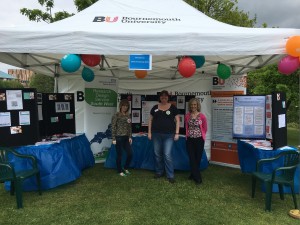
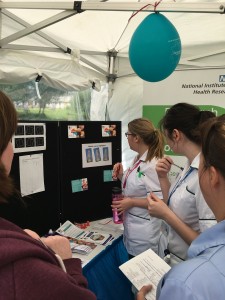
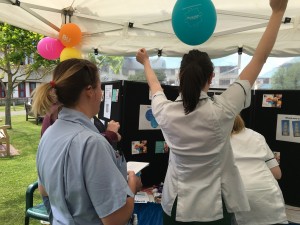
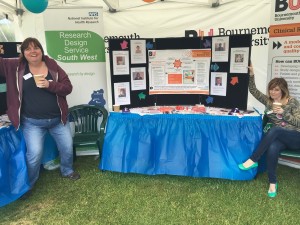
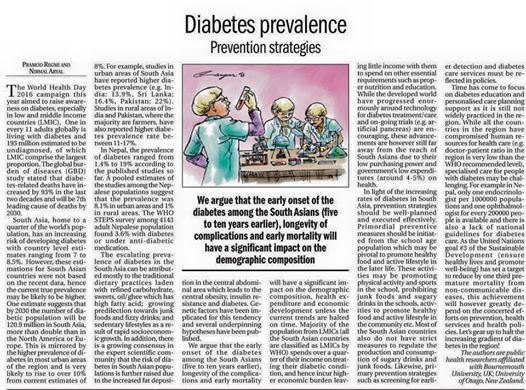
 There are still a few places remaining at the RKEO
There are still a few places remaining at the RKEO 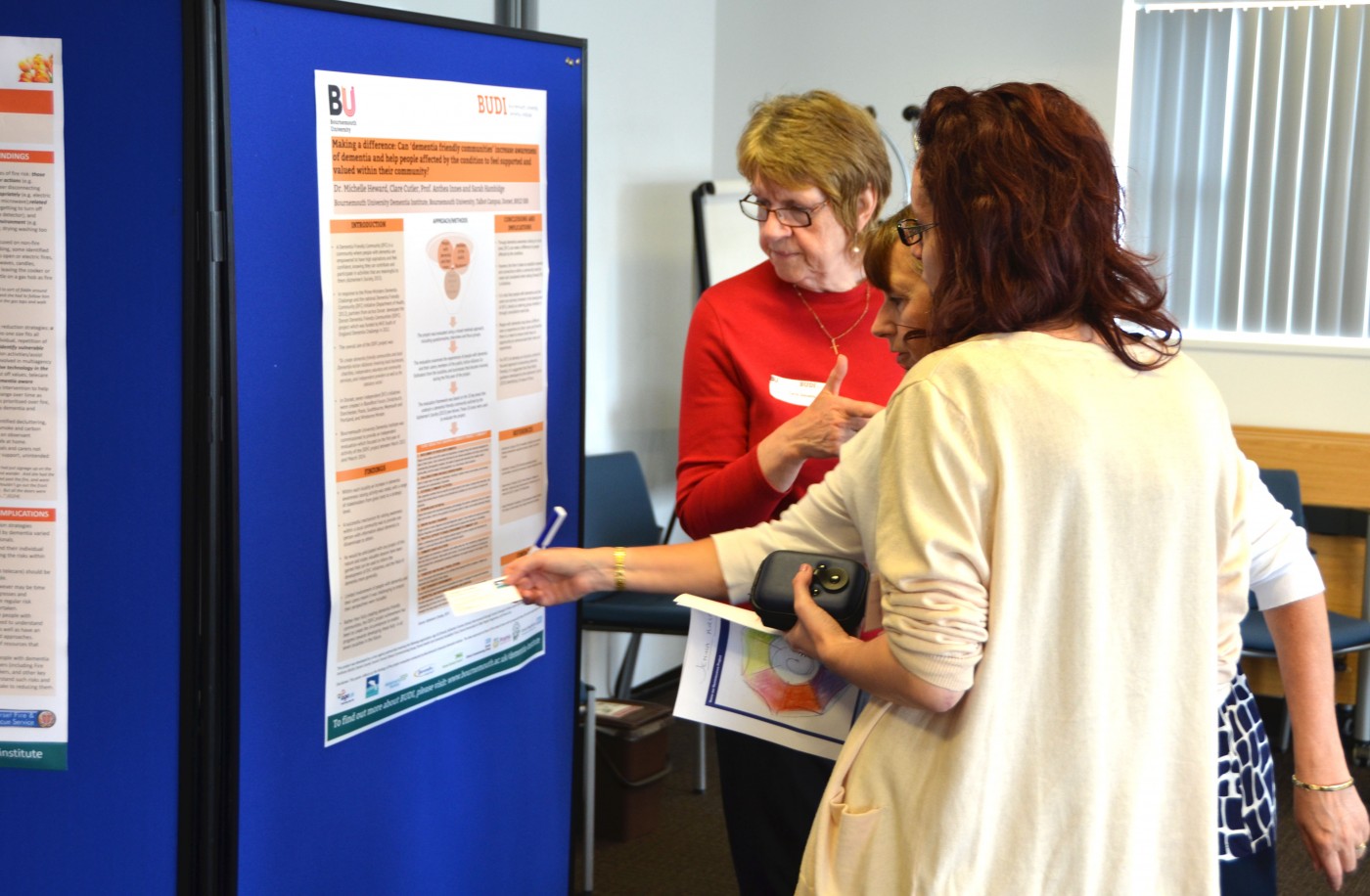


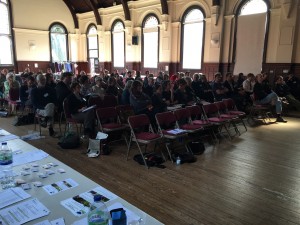
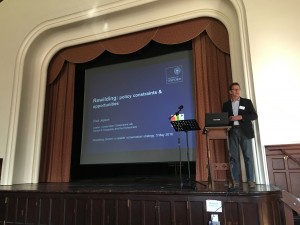
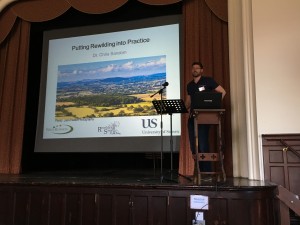
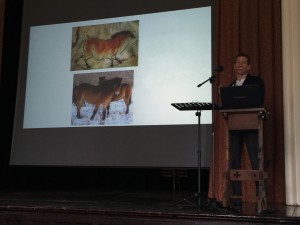
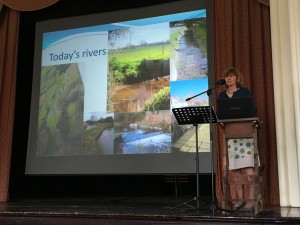
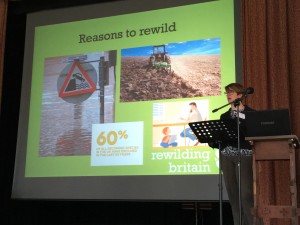
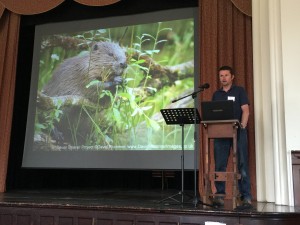
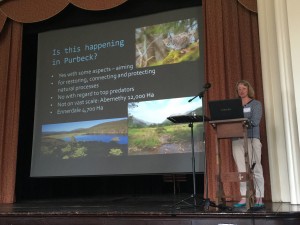
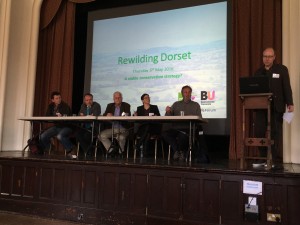
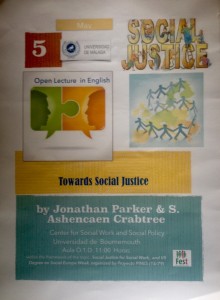
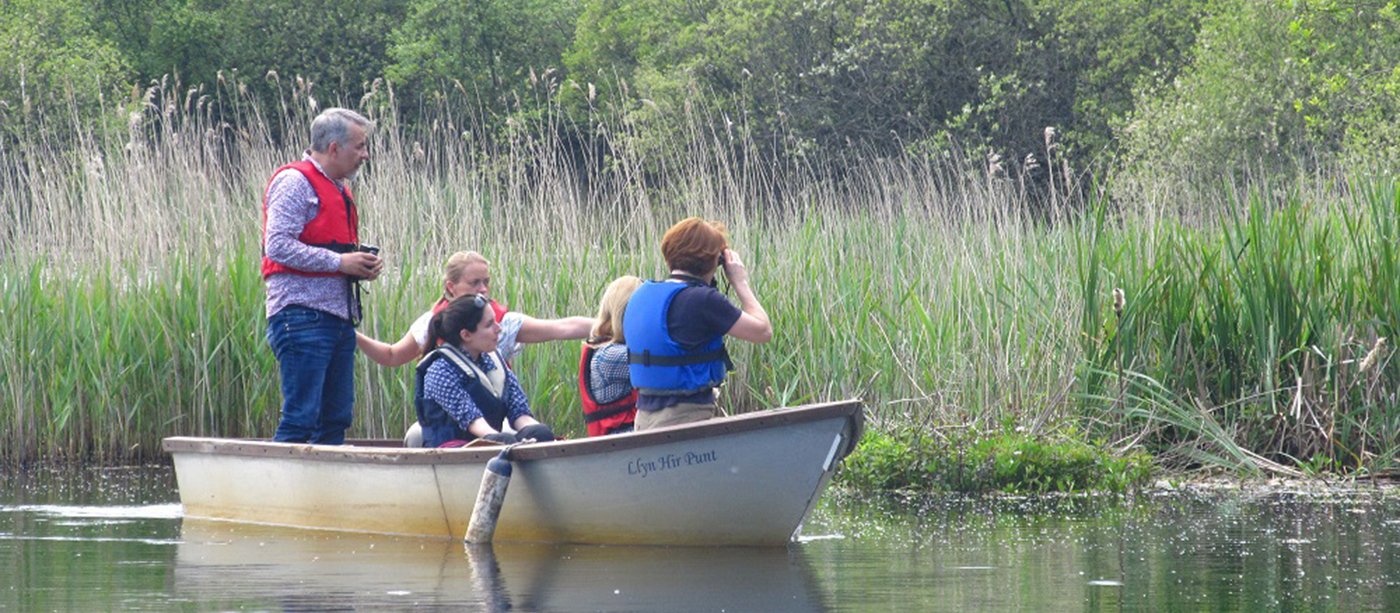



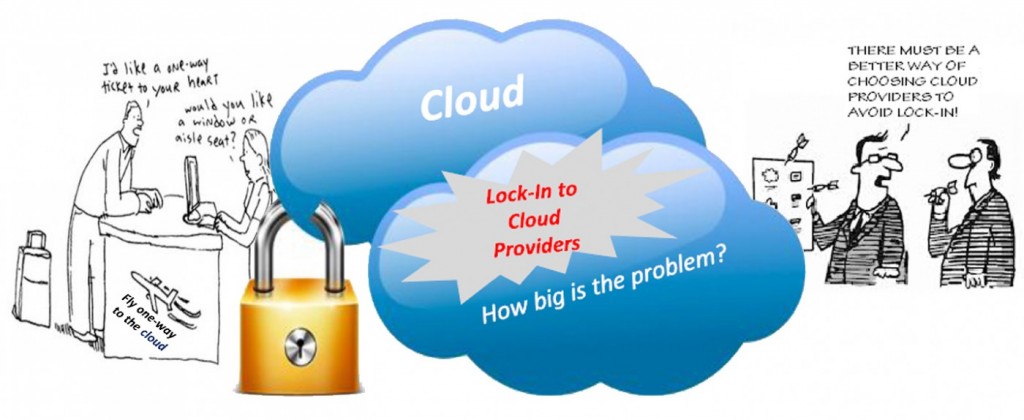 We would like to invite you to the latest research seminar of the Creative Technology Research Centre.
We would like to invite you to the latest research seminar of the Creative Technology Research Centre.
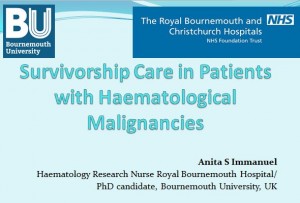
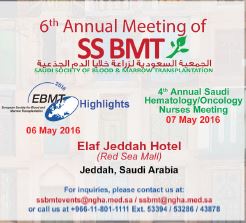

![image[1]](http://blogs.bournemouth.ac.uk/research/files/2016/05/image1-1-300x113.jpeg)











 April’s Café Scientifique – Should we help machines understand and respond to our emotions?
April’s Café Scientifique – Should we help machines understand and respond to our emotions? Postgraduate Research Experience Survey (PRES) 2024 – 2 WEEKS LEFT
Postgraduate Research Experience Survey (PRES) 2024 – 2 WEEKS LEFT Working with The Conversation: online training session – Wednesday 8th May
Working with The Conversation: online training session – Wednesday 8th May Apply for up to £1,000 to deliver an event and take part in a national festival of public engagement with research
Apply for up to £1,000 to deliver an event and take part in a national festival of public engagement with research MSCA Postdoctoral Fellowships 2024
MSCA Postdoctoral Fellowships 2024 Horizon Europe News – December 2023
Horizon Europe News – December 2023